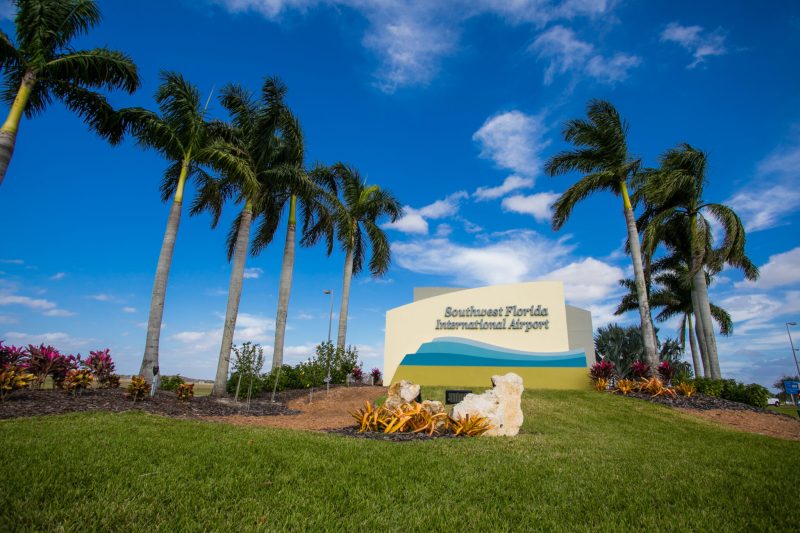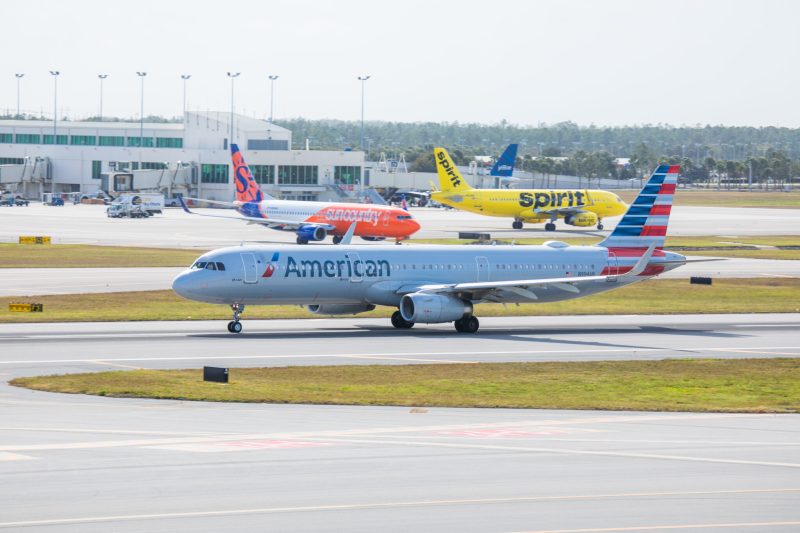- SVN Commercial Partners
- Sep 13, 2024
- 3 min read
Updated: Sep 25, 2024

The most expensive public infrastructure project in Southwest Florida history received approval on Sept. 5 from the Lee County Board of Port Commissioners at a little more than $1 billion.
Terminal E will bring 14 more passenger gates to Southwest Florida International Airport, which is on pace to serve more than 11 million passengers this year and generate an estimated $8.3 billion in economic impact, according to a Florida Department of Transportation study.
Suffolk Construction won the bid to manage construction and will be paid just shy of $760 million. The project and price tag also include additional terminal expansion, chiller plant expansion, airside improvements, terminal roadway modifications, and passenger boarding bridges.
Scheduled to break ground on Oct. 15, the price of the Terminal E expansion dwarfs the original cost of building the new terminal, which was completed in 2005 for $438 million.Most of the construction costs will be funded by a series of bonds that will be sold later this month and in the future. Those are funded by airport users from the $4.50 per flight fee travelers pay as part of their tickets.
State and federal grants will also fund part of the project. No Lee County property taxes will be directly used on construction costs.
“It’s common for large projects to have multiple bonds to be issued,” said Bill Case, a port authority financial advisor who works for a Public Financial Management advisory firm. “I have confidence that this will pay the debt.”
Commissioner Cecil Pendergrass was the lone dissenter in approving more bonds to be sold at this time because he did not want the airport to take on more debt without the other project being completed first.

Given the amount of money at stake, one member of the public spoke up about having additional oversight on the Terminal E project after the separate Terminal Expansion project fell $135 million over budget and three years behind schedule, according to an email sent by departing port authority Project Manager Tony Bonucci to port authority executives.
Daniel Becker retired to the area following a 40-year career in the construction of hospitals, jails, and other municipal projects.
“You don’t know the true costs until you have a qualified accounting firm with experience in construction to do a deep dive into the costs for a construction forensic audit,” Becker said Sept. 4 at a county commission budget hearing. “If you choose to continue down the same road, without an audit like that, we all need to ask why.”
During the Sept. 5 meeting, Lee County Clerk of Courts Kevin Karnes urged the commissioners to seek additional oversight on Terminal E.“What we recommend, commissioners is that we hire somebody who specializes in this as part of that oversight,” Karnes said.
After the meeting, Commissioner Brian Hamman indicated he agreed with Karnes.
“One of the things they are looking at doing is bringing in an extension of staff, particularly someone with auditing capabilities, to look at the payment request to make sure we are indeed paying for what we are supposed to be paying for,” Hamman said. “I look forward to seeing those proposals to put more eyes on the project and more eyes on the money.”
During the meeting, Hamman asked port authority Executive Director Steve Hennigan if he could verify the $135 million cost overruns. Hennigan said he needed more time.

Hennigan declined to comment after the meeting. But during the meeting, he said price increases are yet to become clear on the terminal expansion project, which is being managed by Manhattan Construction. The commonality between the two airport projects is that Atkins Realis is under contract for both. Commissioners approved paying Atkins $28.2 million for the Terminal E project after the company ordered about 1,400 incorrect steel structures for the airport’s terminal expansion project, according to Bonucci’s email. Hamman said the design phase of Terminal E had reached the point of no return, and he saw a $3.2 million refund by Atkins as a show of good faith on the new project. Hamman asked that regular progress reports from Suffolk Construction be delivered in person during future port authority board meetings as a condition for approving the Terminal E project, and his peers on the board agreed. “Nobody wants to see any money wasted, and nothing makes me more angry than to hear that potentially things are going to cost more than they are planned to,” Hamman said. “We are facing tremendous pressure from inflation now, delays don’t help anything, and that’s why I think progress reports will help us to hold the vendors accountable to do what they said they are going to do.”

Comentários